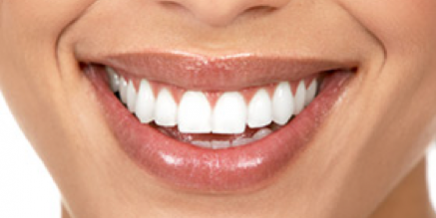You use it to talk, eat, and kiss. Obviously, your mouth is an important part of your body. If only your breath smelled sweet all the time, you never got a cavity, and your gums were always pink and healthy!
Mouth problems are many and are therefore a common complaint. From bad breath to canker sores to gingivitis, you’ve probably experienced a mouth problem once or twice in your life. Thankfully, most mouth concerns are preventable and treatable with simple home care and regular visits to the dentist.
Here’s a list of the most common mouth problems along with tips to prevent and treat each one.
Halitosis
You may never have heard of halitosis, but you’re sure to have experienced it yourself or on someone else. Bad breath, also known as fish breath, dragon breath, stinky breath, or morning breath is an embarrassing mouth problem. In the event you suffer from bed breath or have to suffer smelling someone else’s bad breath, don’t worry. There are simple ways to battle the dragon.
Since bad breath is often caused by bacteria in the mouth, make sure you practice regular dental hygiene by brushing your teeth morning and night and flossing once a day. Be sure to also brush your tongue and use mouthwash.
When these measures don’t help, there may be another underlying mouth condition contributing to bad breath. Gum disease, dry mouth, cavities, and oral cancer are all possible causes of bad breath. Make an appointment to see your dentist if you have chronic bad breath.
You don’t have to floss all your teeth. Just the ones you want to keep – Unknown
Tooth Decay
It may gross you out, but your mouth is filled with bacteria. Most are harmless, but some damage tooth enamel and cause cavities. Brushing, flossing, and regular professional cleanings are needed to control the bacteria in your mouth.
A second contributing fact to tooth decay is what you eat. Sugary and starchy foods combine with bacteria and saliva to form plaque and tartar. The bacteria in plaque create acids that slowly dissolve teeth, leading to small holes called cavities. Unlike other body parts, the teeth can’t heal themselves. Cavities require dental work to fill the holes and prevent further decay or complications.
Sores
Other common mouth problems are various types of sores in and around the mouth area. These include canker sores, cold sores, fever blisters, thrush, and ulcers. A mouth sore may be slightly painful, but is usually harmless. See your dentist if a sore lasts longer than two weeks.
Over-the-counter medications are available to relieve pain and shorten the sore’s duration.
Gum Disease
The harmful bacteria in your mouth can harm your teeth as well as your gums. Gingivitis is characterized by irritated, inflamed gums that bleed easily and bad breath. Untreated gingivitis can progress to periodontitis, a condition in which the gums begin to deteriorate and pull away from the teeth, increasing the likelihood of infection and tooth loss.
Gum disease is associated with heart attacks and strokes, so it’s not something to take lightly. Thankfully, you can treat this disease and even reverse its progression with proper care. This means brushing and flossing daily and receiving regular dental checkups.
Tooth Sensitivity
You know the feeling of biting into a hot piece of pizza or taking a bite of ice cream and feeling a jab of pain in your teeth. Affecting millions of people, tooth sensitivity can be caused by worn enamel, a crack in your tooth, tooth decay, a missing filling, gum disease, or even an exposed root.
Sensitive teeth can be treated. You don’t have to avoid hot coffee forever. Instead, brushing with desensitizing toothpaste often works. For sensitive teeth that don’t respond to home treatment, prescription desensitizing gels or agents, a filling, or a crown to repair the damaged tooth may be necessary.







